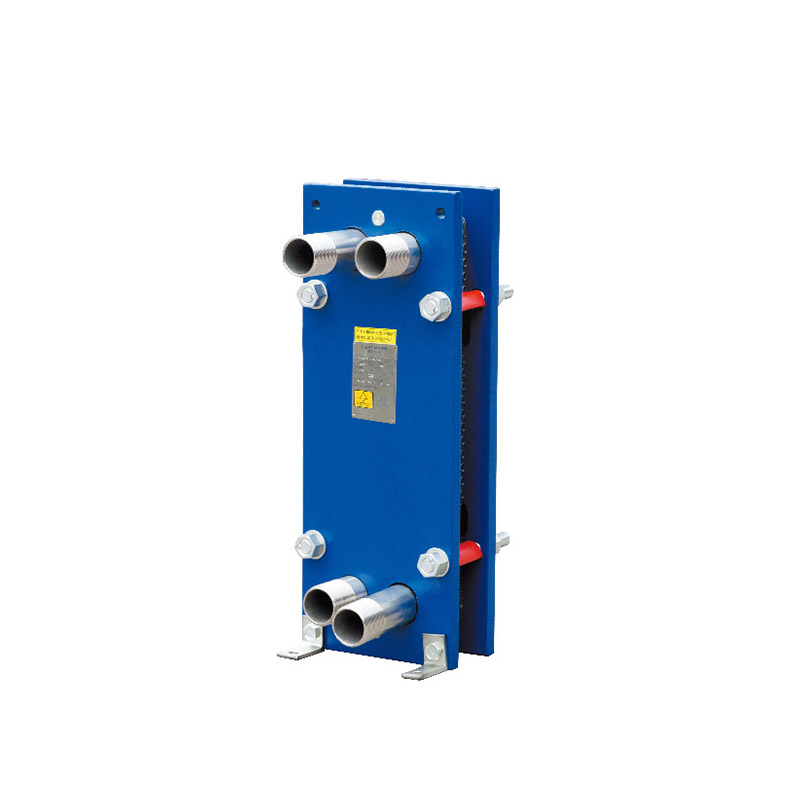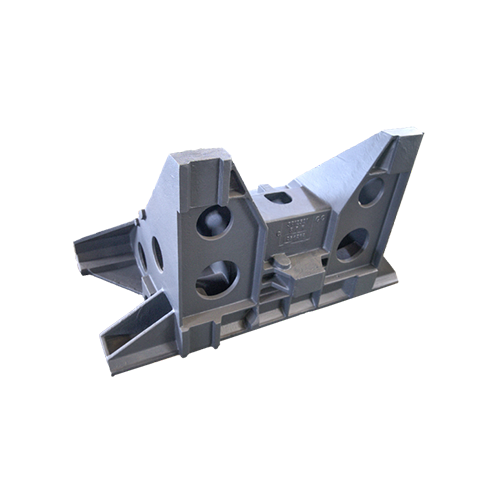When embarking on the journey of establishing a small business, one of the most critical steps is securing the right insurance coverage. However, a common question that arises among entrepreneurs is: How long does it take to get small business insurance? The answer is not as straightforward as one might hope, as the timeline can vary significantly based on several factors. In this article, we will delve into the intricacies of obtaining small business insurance, exploring the various elements that influence the duration of the process and providing actionable insights to streamline your experience.
Understanding the Types of Small Business Insurance
Before we discuss the timeline, it’s essential to understand the different types of small business insurance available. Common types include:
- General Liability Insurance: Protects against claims of bodily injury, property damage, and personal injury.
- Professional Liability Insurance: Covers claims related to professional negligence or mistakes.
- Workers' Compensation Insurance: Required in most states, it provides coverage for employees who get injured on the job.
- Commercial Property Insurance: Protects your business property from damage or loss due to various risks.
- Business Interruption Insurance: Compensates for lost income during periods of suspended operations due to covered events.
Each type of insurance may have different requirements and timelines for acquisition, which can affect the overall duration of the process.
Factors Influencing the Timeline
- Complexity of Coverage: The more complex your business operations, the more detailed your insurance needs will be. For instance, a tech startup may require specialized coverage that takes longer to assess compared to a retail store needing standard general liability insurance.
- Insurance Provider: Different insurance companies have varying processes and efficiencies. Some may offer instant quotes and quick turnaround times, while others may require more extensive underwriting processes.
- Documentation Preparedness: Having all necessary documentation ready can significantly expedite the process. This includes business licenses, financial statements, employee information, and any previous insurance policies. Lack of preparedness can lead to delays.
- Customization Needs: If your business requires tailored coverage, the process may take longer. Custom policies often involve more back-and-forth communication between you and the insurer to ensure all aspects of your business are adequately covered.
- State Regulations: Insurance requirements can vary by state, affecting the time it takes to secure coverage. Some states have specific mandates that must be met before a policy can be issued.
The Typical Timeline
While the timeline can vary, here’s a general breakdown of what you can expect:
- Initial Research and Quotes (1-2 weeks): This phase involves researching different insurance providers, comparing quotes, and understanding the coverage options available. It’s advisable to gather quotes from at least three different insurers to ensure you’re getting the best deal.
- Application Process (1-3 weeks): Once you’ve selected an insurer, you’ll need to complete an application. This process can take anywhere from a few days to a couple of weeks, depending on the complexity of your business and the insurer’s requirements.
- Underwriting (1-4 weeks): After submitting your application, the insurer will begin the underwriting process. This involves assessing the risk associated with your business and determining the appropriate premium. The underwriting timeline can vary widely based on the insurer’s workload and the complexity of your application.
- Policy Issuance (1 week): Once underwriting is complete, the insurer will issue your policy. This typically takes about a week, but it can be expedited if you’ve provided all necessary documentation upfront.
Tips to Expedite the Process
- Be Prepared: Gather all necessary documentation before starting the application process. This includes financial records, business plans, and any previous insurance information.
- Work with an Insurance Broker: An experienced broker can help you navigate the complexities of small business insurance, ensuring you find the right coverage quickly.
- Communicate Clearly: Maintain open lines of communication with your insurer. Promptly respond to any requests for additional information to avoid unnecessary delays.
- Consider Bundling Policies: Some insurers offer discounts for bundling multiple types of coverage, which can also streamline the process.
Conclusion
In conclusion, while the timeline for securing small business insurance can vary, understanding the factors that influence it can help you navigate the process more effectively. By being prepared, working with knowledgeable professionals, and maintaining clear communication, you can significantly reduce the time it takes to obtain the coverage your business needs. Remember, investing time in securing the right insurance is not just a regulatory requirement; it’s a crucial step in safeguarding your business’s future.



